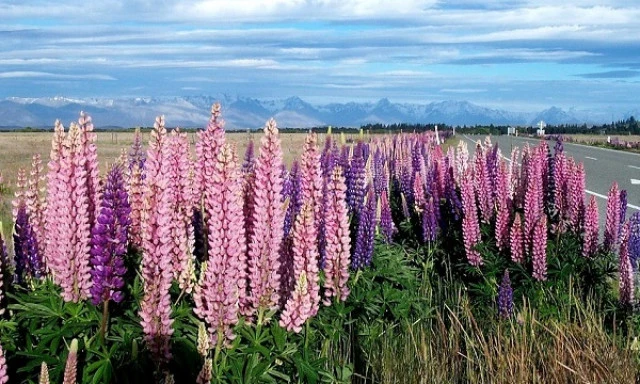How Long Do Plants Live?
Annual weeds germinate from seed each year and live for one growing season. Summer annuals germinate in the spring and die back in the autumn. Winter annuals germinate in late summer or early autumn and die the following spring or summer. Annual weeds usually produce thousands of seeds per plant which can germinate for many years after the seed has been shed. They lie “dormant” in the soil until light, temperature and moisture conditions are adequate for germination. Most annual weeds will not germinate below a 2 cm soil depth unless they are large-seeded (>3 mm in diameter).
Biennial weeds have a 2-year life cycle. They germinate, emerge, and usually form a rosette (radial cluster of leaves close to the ground, e.g. wild carrot) in the first year. The second year, the plant bolts (produces a flower stalk), flowers, sets seed, matures, then dies.
Perennials live 3 years or more. Some reproduce by seed, and some reproduce by creeping stems that can be either above-ground (stolons) or below-ground (rhizomes). Sometimes, as in nutsedges, the rhizomes produce tubers from which new plants grow. Many homeowners have discovered that what appeared to be individual nutsedge plants in the flower bed were actually a series of plants that have sprouted from these connected tubers. If the stolons, rhizomes, or tubers are broken or separated into pieces, new plants can form from these pieces and spread the weed. Therefore, tillage or hand pulling is discouraged when trying to eradicate most perennial weeds. It is more effective to use systemic weed killers such as Weed Weapon.
David Brittain
Kiwicare


